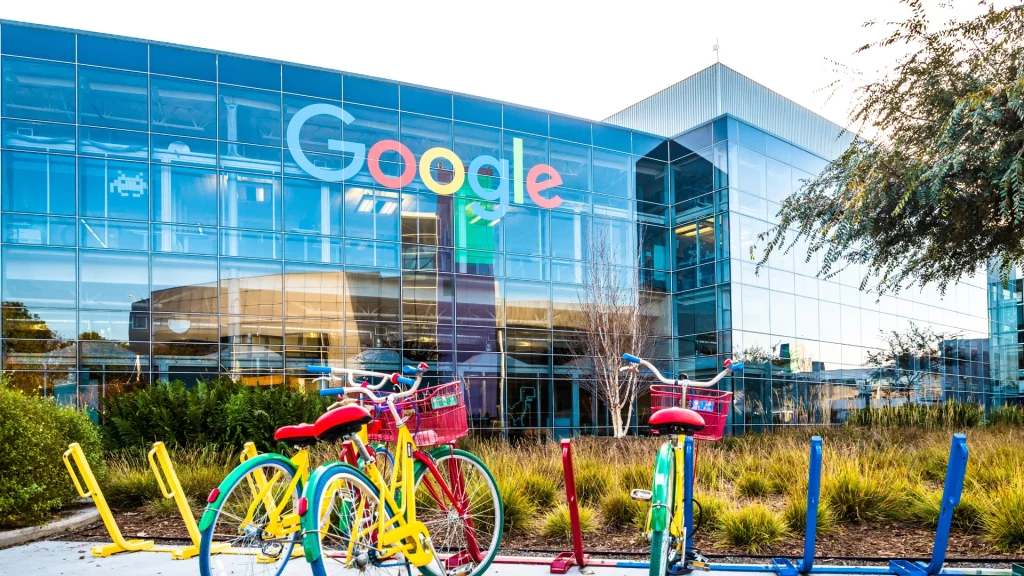In a historic trial, a federal judge is set to examine whether Google, the tech giant synonymous with online search, has abused its power as a monopoly. The case holds profound implications not only for Google’s business but also for the broader tech industry. It offers a glimpse into whether US regulators can effectively rein the influence of big tech companies like Apple, Google, Microsoft, and Meta. These companies already have been under the scrutiny of the public for their dominance in our online lives.
Trial Details
The federal judge will consider whether the tech firm as alleged by the Justice Department and a coalition of states, has misused its power as a monopoly. This trial would also be historic as it would mark the first monopoly trial against a tech giant since the landmark proceeding against Microsoft two decades ago. Google’s dominance in the online search market, with a staggering 90 percent share in the United States and 91 percent globally, is under scrutiny. The trial’s outcome could have a profound impact on the tech firm’s status, its ability to compete, and the broader landscape of Silicon Valley.
What did Google allegedly do?
The Justice Department contends that Google, headquartered in California, has illegally used partnerships with phone manufacturers and internet browser companies to stifle competition from rival search engines. The tech firm’s default search engine status on devices from companies like Apple, Samsung, and Mozilla has been a key focus. The government argues that Google’s multibillion-dollar payments to these partners have prevented alternative search engines, such as Microsoft Bing and DuckDuckGo from becoming prominent players in the online search market. Along with this, the tech firm’s practice of preloading its services on Android devices is alleged to have illegally maintained its monopoly.
Google’s Defense
Google defends its business practices and asserts its commonality and legality. The company compares its agreements with partners to that of a cereal maker paying supermarkets to display or to have a prime shelf placement. The tech firm further maintains that it faces robust competition in the online search space, citing companies like TikTok and Amazon as serious competitors.
The company went on to explain that these companies do not operate general-purpose search engines and that the firm argues that they offer alternative destinations for customers. Google also contends that the government’s arguments are flawed and driven by the company’s popularity. It asserts that its success is due to offering the best search engine, highlighting that consumers choose because they find it most useful.
Providing Proof from the Government’s Side
In order to win the case, the government must demonstrate that e-commerce firms like Amazon and social media apps like TikTok are part of the same market is important. The broader the market definition, the harder it becomes to establish Google’s monopoly. Again, the government must also prove that Google’s commercial agreements substantially reduce competition among search engines, thereby denying them the opportunity to forge similar deals with device manufacturers or attract new users. Demonstrating harm to consumers, a longstanding benchmark in antitrust cases is also essential.
If Google is guilty…
The trial will have two phases. Initially, Judge Amit P. Mehta will see whether the tech firm violated the law. If this is established, the judge will then contemplate remedies. While the Justice Department has not outlined specific actions, potential remedies may include prohibiting Google from entering exclusive distribution agreements and giving other search engines greater visibility on consumer devices. This could cause disruptions in the tech firm’s default search engine status.
However, crafting an appropriate remedy poses challenges, as it should target the tech firm’s alleged wrongdoing without imposing unwarranted changes on uninvolved companies like Samsung and Apple.
The latest case against Google shows growing concerns about the dominance of tech companies and their effect on the tech as well as political landscape. After the case against Microsoft, the technology industry has undergone significant changes. Google during this time emerged as the internet’s largest advertising business. Regulatory scrutiny has also increased questioning of Google’s business practices and the consequences of its popular products.
